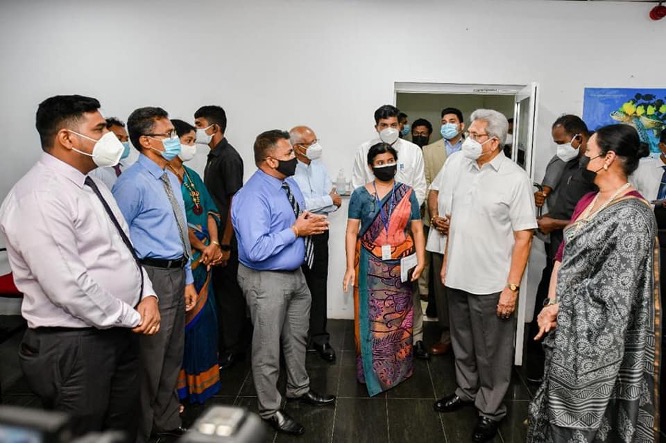BGA Senior Advisor Chullanté Jayasuria wrote an update for clients on the challenging economic landscape in Sri Lanka. The update addressed the government’s evolving response to a string of difficulties facing the country’s economy, its importance within the broader political landscape and future areas for companies to watch.
Context
- The government of Sri Lanka has come under increased scrutiny over its management of the country’s economic crisis. Opposition parties and protesters have taken to the streets, claiming the government has acted too little, too late.
- The movement has called for the resignation of Rajapaksa and has grown over the past week as more people grow disillusioned and frustrated with the government’s response. These calls come under the backdrop of high fuel prices, limited inventory of essential goods such as pharmaceuticals and insufficient energy supply leading to rolling blackouts.
Significance
- The government is attempting to take a variety of steps to find solutions to the existing economic crisis that has put the country’s power and energy security at risk and threatened people’s survival. Initiatives have been taken such as floating the rupee, and other measures are being considered including rationing fuel for consumers in the Colombo District.
- With increasing pressure from civil society to address the crisis, the government took several steps last week to find solutions to the country’s current financial crises. These ranged from reaching out to the International Monetary Fund to finalize bilateral agreements with regional partners, such as the $1 billion aid package from India and negotiating financial assistance and debt restructuring with China.
Implications
- The government’s relationships with external actors will continue to be important to watch, including an upcoming IMF meeting in mid-April in Washington, D.C. Such external support could provide much-needed relief to the country’s economic state and bring some stability to the fluctuating supply and prices of necessary inputs, such as gas and electricity, for business operations.
- As the government contends with economic pressures, certain sectors including energy and manufacturing will significant to monitor. Sri Lanka has inked several renewable energy project agreements with Indian firms. Part of the focus within Sri Lanka’s assistance sought from China includes securing raw materials required by the country’s manufacturing sector.
BGA will continue to keep you updated on developments in Sri Lanka as they occur. If you have any questions or comments, please contact BGA Sri Lanka Senior Advisor Chullanté Jayasuriya at cjayasuriya@bowergroupasia.com.

Senior Advisor
Chullanté‘s command of economic, political and social trends in Sri Lanka makes him a unique leader with a broad and deep network throughout the country. He has over 30 years of experience in trade and investment promotion, private sector development, policy planning implementation, management of chambers of commerce and international development cooperation. Chullanté previously served as the International Trade Centre’s national consultant to the National Export Strategy of Sri Lanka and as Sri Lanka senior technical advisor for local economic governance at The Asia Foundation. He is a United Nations Economic and Social Commission for Asia and the Pacific (UNESCAP) ...
Read More

























